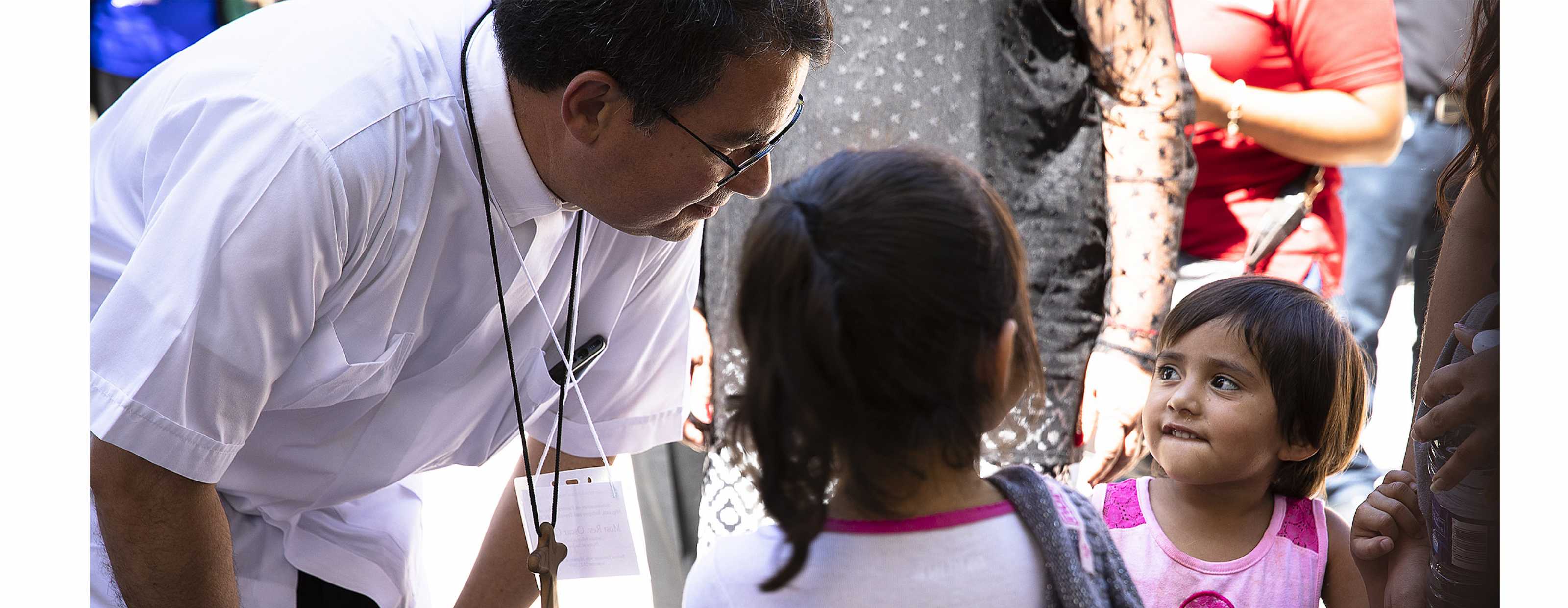POPULAR RESOURCES
Strangers No Longer: Together on the Journey of Hope
In 2003, the bishops of the United States and Mexico issued a joint pastoral letter, Strangers No Longer: Together on the Journey of Hope (en español), that presented a Catholic framework for responding to the ongoing migration phenomenon in their respective countries. Please take an opportunity to read and reflect on this pastoral letter so that you can better understand Church teaching as it pertains to migration.
Catholic Ministries Serving Migrants and Refugees
This resource, while not comprehensive in nature or responsive to every aspect of the immigration debate, seeks to address some common misconceptions and questions regarding the Church’s role in serving migrants and refugees, as well as the ways in which Catholic social teaching applies to these issues. It also discusses the work of the U.S. Conference of Catholic Bishops in this area.
Catholic Social Teaching and Migration
This resource discusses the main principles derived from Catholic social teaching in relation to migration, as well as the Church's perspective on specific areas, such as irregular migration and immigration reform.



